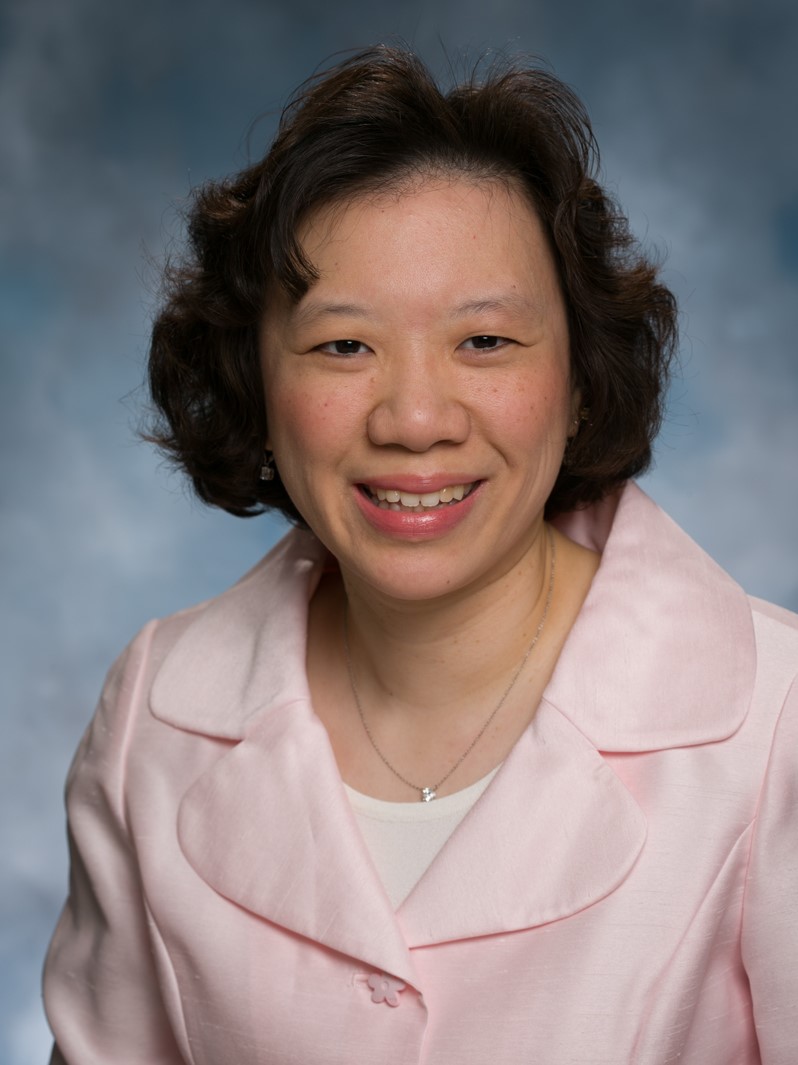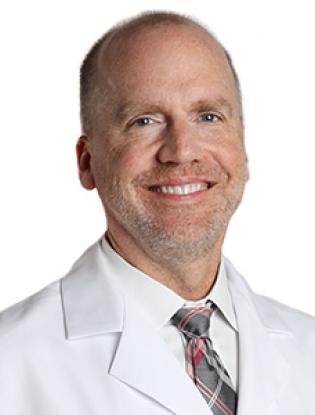Listen Now
Topics Covered
- The Treatment of Triple Negative Breast Cancer
- Why Clinical Trials Are Important as a Treatment Option for Triple Negative Breast Cancer
- What Happens in a Clinical Trial
- Stages of Clinical Trials
- New Research in the Treatment of Triple Negative Breast Cancer (TNBC)
- Investigational New Drugs in Clinical Trials
- The Meaning of Informed Consent
- Benefits & Risks of Participation
- How & Where Clinical Trials are Conducted
- How to Participate in Clinical Trials
- Specific Questions to Ask Your Health Care Team about Clinical Trials
- Guidelines to Prepare for Telehealth/Telemedicine Appointments, including Technology, Prepared List of Questions & Discussion of OpenNotes
- Accessing Resources for Clinical Trials
- Questions for Our Panel of Experts
Our Panel of Experts

Antoinette R. Tan, MD, MHSc, FACP, FASCO
Chief, Section of Breast Medical Oncology, Director, Phase I Program, Chair, Department of Solid Tumor Oncology and Investigational Therapeutics; Levine Cancer Institute; Clinical Professor, Department of Internal Medicine, Section on Hematology and Oncology, Wake Forest University School of Medicine; Atrium Health

Wade Smith, MD
Breast Cancer Specialist, Assistant Clinical Professor, Department of Medical Oncology & Therapeutics Research, City of Hope, Newport Beach, California

Melissa Berry
Board Chair, Triple Negative Breast Cancer Foundation®; Triple Negative Breast Cancer Thriver; Founder, Cancer Fashionista

Marissa Fors, MSW
Director of Specialized Programs, CancerCare
Brochure
You can download the brochure for this workshop
Workshop Date
This workshop was originally recorded on January 10, 2024.

